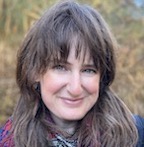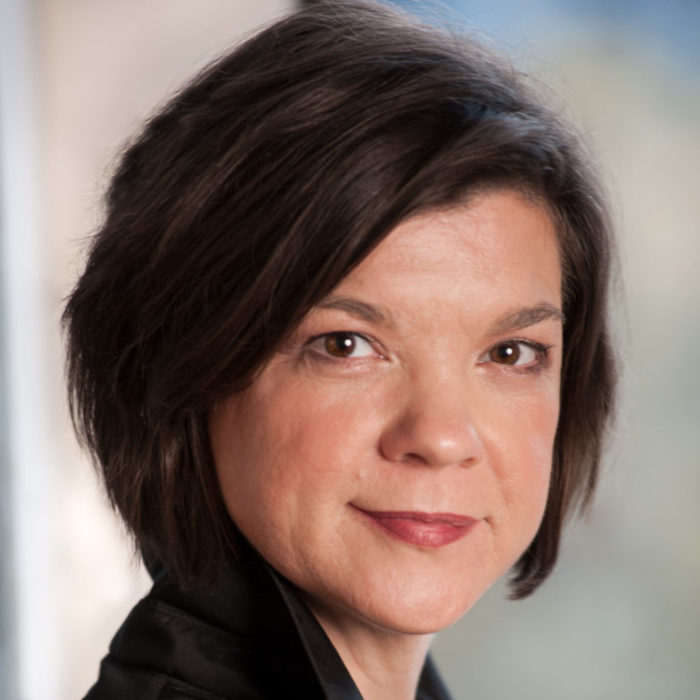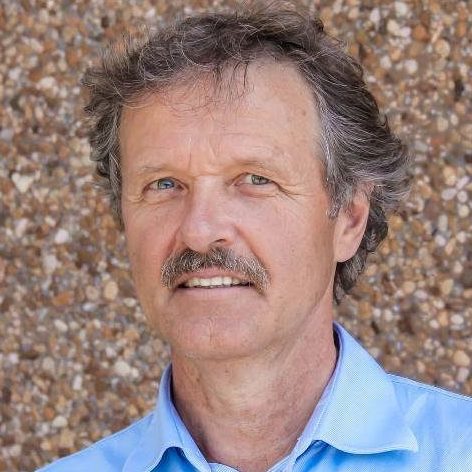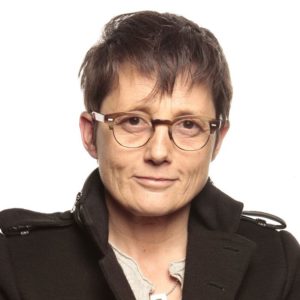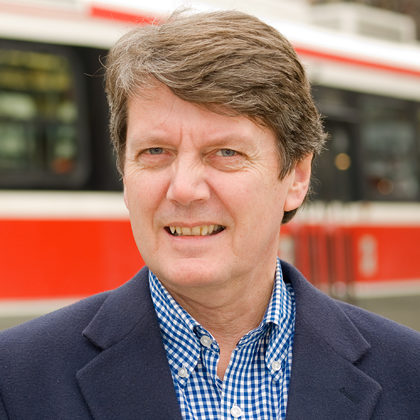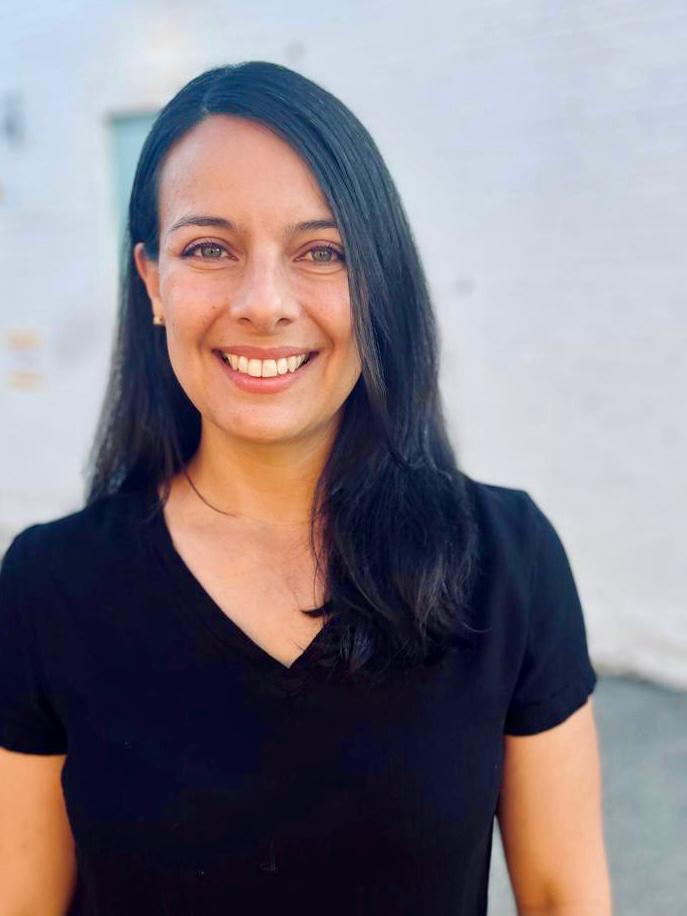
Dr. Luisa Sotomayor
Faculty of Environmental and Urban Change
Dr. Luisa Sotomayor is the Director of City Institute and an Associate Professor in Planning at the Faculty of Environmental & Urban Change (EUC) at York University. Between 2018 and 2022, Luisa was the Coordinator of the MES Planning Program at EUC and the co-lead of the CIVIS Research Cluster on Urban Infrastructure, Governance and Citizenship at the Robarts Centre for Canadian Studies.
Luisa’s research and teaching examine urban inequalities from a governance and urban planning perspective, including the role of housing and urban policies in the production of uneven urbanisms and everyday exclusions. She also studies the role of activists, resident groups, and legal actors in mobilizing, negotiating, or contesting emergent planning agendas. At its core, her work questions the limits and possibilities of urban planning to redress socio-spatial injustices and promote more equitable and democratic cities. The geographic scope of her research includes both Latin America and Canada.
Luisa has led several research projects funded by the Social Sciences and Humanities Research Council of Canada, the International Development Research Centre, and the Lincoln Institute for Land Policy. Her research has been published in the International Journal of Urban and Regional Research, the Journal of Planning Education and Research, Urban Geography, Housing Policy Debate, and Cities, among others. Luisa holds a BA in Sociology from the National University of Colombia and a master's and Ph.D. in Urban and Regional Planning from the University of Toronto. She is a Registered Professional Planner (RPP) and a full member of the Canadian Institute of Planners.

Professor Linda Peake
(July 2013 - June 2023) Faculty of Environmental and Urban Change
Linda Peake is the former director of the City Institute at York University, Toronto from July 2013 to June 2023, and principal investigator of the SSHRC funded GenUrb: Gender, urbanization and the global south. She has written widely in the field of critical human geography with interests in urban theory, feminist methodologies and, more recently, mental health. She is co-chair of the AAG Affinity Group on Mental Health in the Academy, co-editor of the special issue on ‘An engagement with planetary urbanization’ in Environment and Planning D: Society and Space (2018), of Urbanization In A Global Context, second ed. (forthcoming, OUP) (with Alison Bain), and of Peake, L., Koleth, E., Tanyildiz, G., S. Narayanareddy, R. N., and patrick, d. (eds) (2021) A Feminist Urban Theory for our Time: Rethinking Social Reproduction and the Urban (London: Antipode Book Series, Wiley).
Ushieja De Zoysa is a graduate from the Faculty of Science at York University. She comes to CITY with 4 years of research administration experience working with a high-profile particle physics experimental group in the Department of Physics and Astronomy. (EDMcubed Research Group, York University: https://www.yorku.ca/edmcubed/team/).
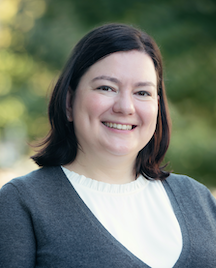
Professor Natalia Balyasnikova
Faculty of Education
Natalia Balyasnikova is Assistant Professor in Adult Education (Faculty of Education, York University). As a community-engaged researcher, Natalia works with older immigrants in large urban contexts to understand how place and space impact learning trajectories in later life. In her interdisciplinary work Natalia employs creative research methods, namely found poetry and multimodal storytelling. Her research projects include PhoneMe, poetry inspired by public places and spaces, and Aging Spaces, storytelling about immigration and aging.
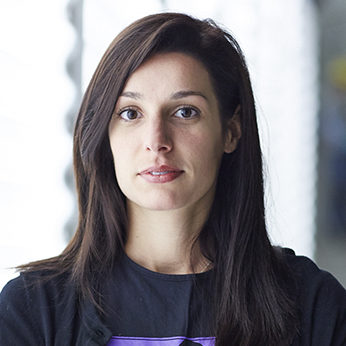
Professor Amanda De Lisio
School of Kinesiology and Health Science, Faculty of Health
Amanda De Lisio is an Assistant Professor of Physical Culture, Policy, and Sustainable Development in the School of Kinesiology and Health Science, Faculty of Health. Her research is focused on development and displacement in FIFA and Olympic host cities. Her SSHRC-funded dissertation examined the impact of event urbanism in Rio de Janeiro, Brazil, particularly on women involved in informal, precarious labour. Prior to York University, she taught classes on urban geography, political economy, and the sociology of health and physical culture at the University of Toronto (2015-2020) and held a postdoctoral fellowship at Bournemouth University (2016-2018) as well as Brock University (2018-2020). Her work has been funded by the Economic and Social Research Council in England, Mitacs Canada, and the Social Sciences and Humanities Research Council of Canada, and published in academic and popular presses in English and Portuguese.

Professor Liette Gilbert
Faculty of Environmental and Urban Change
Professor Gilbert's research focuses on issues of neoliberalisation, securitization and criminalization of immigration, urban citizenship and social justice. She is particularly interested in theincongruities between ideologies, policies and everyday practices, and media representations of immigration and multiculturalism. She has also written on the politics of sub/urban re/development from Lac-Mégantic to Mexico City. She is the co-author of The Oak Ridges Moraine Battles: Development, Sprawl and Nature Conservation in the Toronto Region with her colleagues L. Anders Sandberg and Gerda R. Wekerle. The book examines local and regional environmental politics from a critical political ecology perspective.
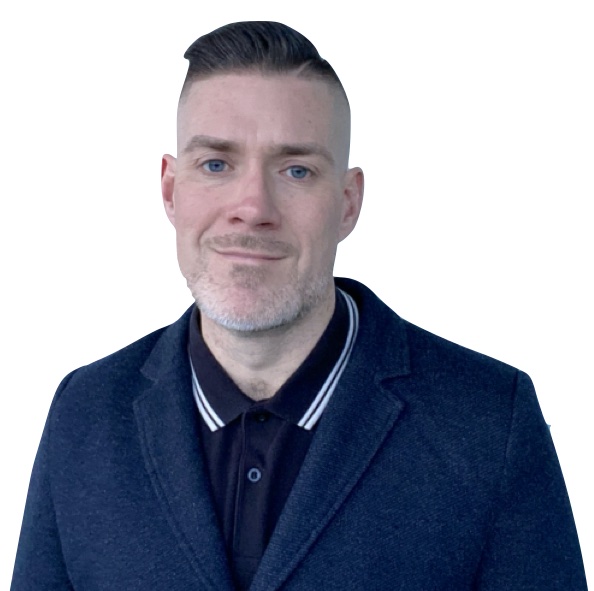
Dr. Ryan James
Department of Anthropology, Faculty of Liberal Arts and Professional Studies
Ryan James is an anthropologist and a course director in the Urban Studies Program. He specializes in the culture, politics, and history of Toronto’s inner suburbs with a focus on mutual aid and social reproduction among working-class residents. James is currently a research partner with the Syme Woolner Archives Project, a collaborative historical ethnography of a social services agency and its role in two inner-suburban Toronto communities. James is also co-editor of the forthcoming volume, What does the Right to the City Sound Like? The Ambient Dynamics of Urban Futures with Jillian Fulton-Melanson.
James’s goal as an educator is to provide space for students to empower themselves by thinking critically, and by developing the research, communications, and analytical skills it will take to understand social problems and challenge social inequity in the 2020s and beyond. When classes moved online in 2020, James reconceptualized the lecture component of his courses as a series of videos on 416anthropology YouTube channel, where he continues to post content on key concepts and methods in the social sciences for students as well as a general audience.
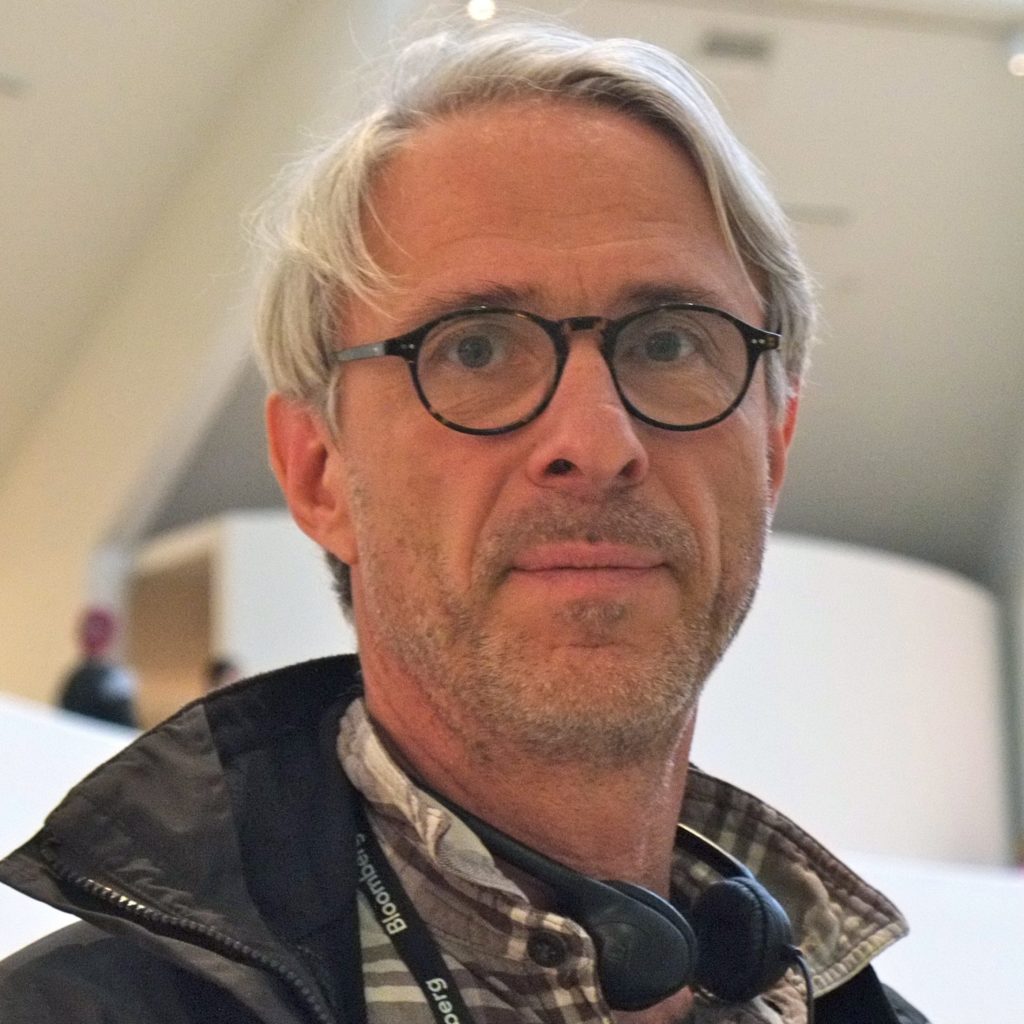
Professor Roger Keil
Faculty of Environmental and Urban Change
Professor Keil is York Research Chair in Global Sub/Urban Studies, Faculty of Environmental Studies, York University in Toronto. He researches global suburbanization, urban political ecology, and regional governance and is the Principal Investigator of the Major Collaborative Research Initiative on Global Suburbanisms (2010-18). He is the author of the forthcoming Suburban Planet (Polity) and editor of Suburban Constellations (Jovis 2013); co-editor (with Pierre Hamel) of Suburban Governance: A Global View (UTP 2015); co-editor (with Julie-Anne Boudreau, Pierre Hamel and Stefan Kipfer) of Governing Cities Through Regions (Wilfrid Laurier University Press 2017) and co-editor (with Xuefei Ren) of The Globalizing Cities Reader (Routledge 2018). He is a co-founder of the International Network for Urban Research and Action (INURA), previous director of the CITY Institute at York University and former co-editor of the International Journal of Urban and Regional Research.
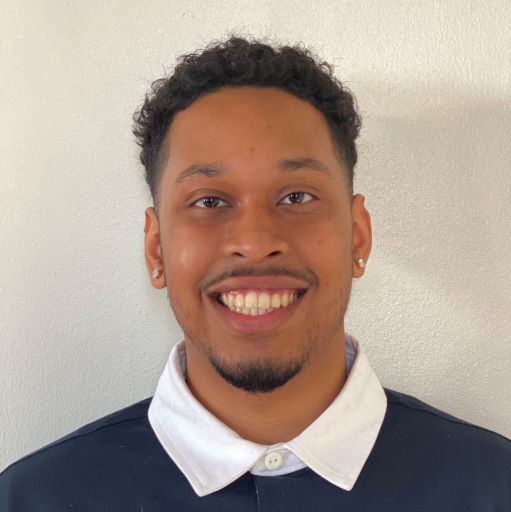
Elijah Leotaud
(September 2022 - August 2023)
Student Representative, Faculty of Environmental and Urban Change
Elijah is currently completing his 1st year in the MES program at York University. His current research takes an interdisciplinary approach to examine recreational planning in Toronto. His interests are centred on sports and the connection with concepts such as justice, political economies, and urban planning. Elijah is also a part of the editorial team for the Toronto Undergraduate Journal which is housed at CITY Institute. In addition, he is also the 1st year student representative for MYPAC, an alumni network for MES Planning graduates. Outside of his academic life, he works with youth at Monarch Park Stadium as lead coach for sports development.
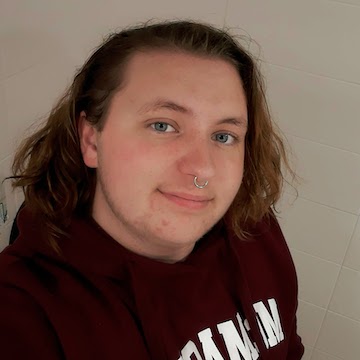
Micah Meredith
(September 2022 - August 2023)
Student Representative, Faculty of Liberal Arts and Professional Studies
Micah Meredith is a third-year Urban Studies student at York University and a general member of the Federation of Urban Studies Students (FUSS). His interests include walkability, localization, community gardens, urban agriculture, sustainability, and human-scale cities. Micah aims to continue his education with the eventual goal of becoming a professor.
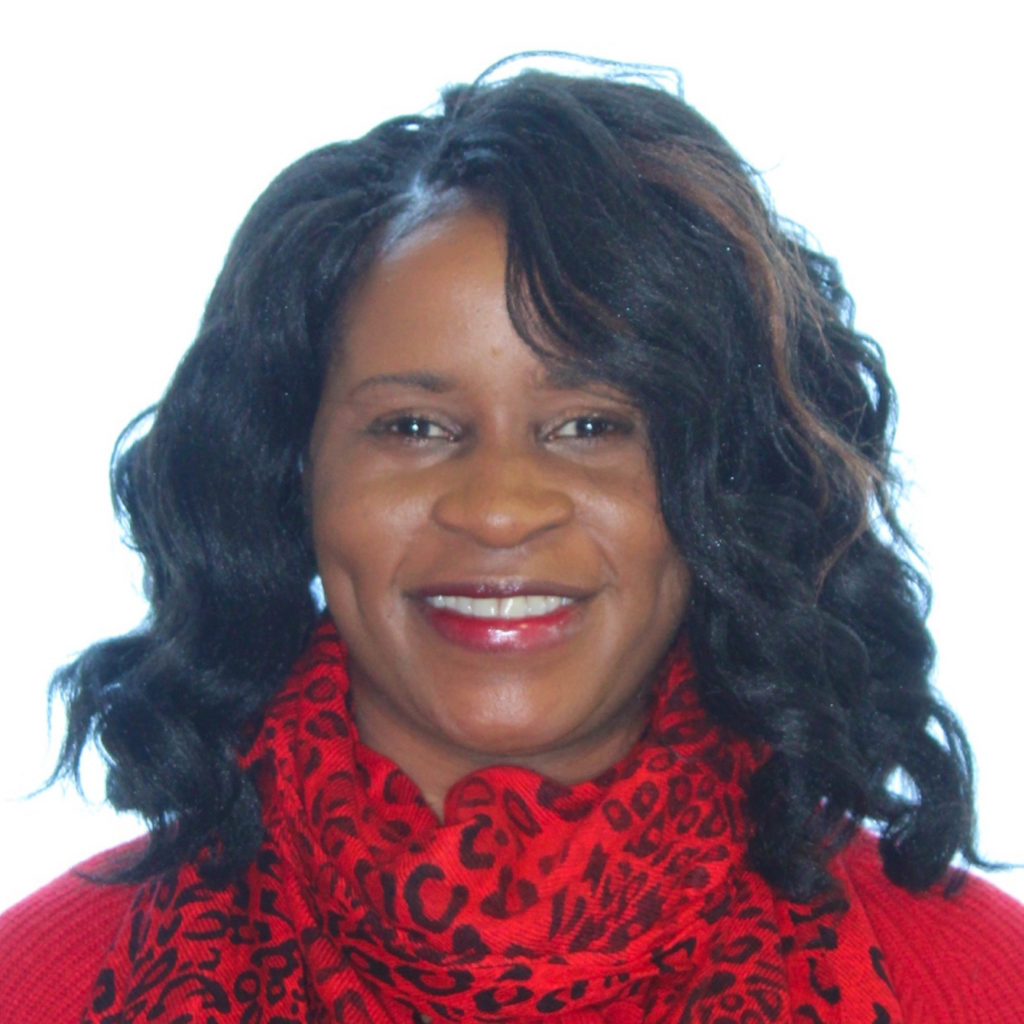
Professor Tameka Samuels-Jones
School of Administrative Studies
Tameka Samuels-Jones is primarily concerned with environmental justice and law. She is specifically interested in investigating the way in which environmental regulations and corporate practices impact the lives and well-being of marginalized groups. The urban environment is the ideal research site for examining these issues, since marginalized groups are concentrated in urban settings and these areas are most impacted by environmentally harmful activities. Professor Samuels-Jones' current work focuses on the Jane/Finch community and the perceptions of residents of this community regarding York University’s sustainability initiatives for its community stakeholders.

Wiley Sharp
(September 2022 - August 2023)
Student Representative, Faculty of Environmental and Urban Change
Wiley Sharp's research explores the place-making practices of queer youth in suburban Toronto. They investigate the geographies of queer life in the GTA are messy and divided, particularly the contrast between Toronto’s ‘global LGBT’ branding stands and the lived experience of queer youth on the margins. Processes of urban redevelopment and gentrification are pushing everyone, but particularly people of color, outward from the city center. Yet, LGBT community spaces and social services remain concentrated downtown. This geographic mismatch creates access barriers that are particularly acute for queer youth living in Toronto’s suburbs, who often lack the income and mobility to participate in downtown queer life. Wiley will work with and for 2SLGBTQ community groups as they study the everyday place-making practices of queer and trans youth. They aim to connect youth service groups with the resources of York University and use their privileged position within the academy to aid advocacy and service projects.
Araby Smyth is a Post-Doctoral Visitor at the City Institute at York University working on the GenUrb project (Urbanization, Gender, and the Global South: A Transformative Knowledge Network). She is a feminist economic geographer and her work bridges interdisciplinary debates across critical development and finance studies, post and de-colonial studies, Latin American feminist and Indigenous studies, and critical university studies. She completed her Ph.D. at the Department of Geography at the University of Kentucky. Her dissertation used remittances as a lens for investigating struggles over how productive and reproductive labor are valued, and the ways that international institutions, national governments and financial actors assess migrants and their families as sources of capital accumulation. Prior to her Ph.D., Araby attended Hunter College of the City University of New York and was the communications intern at the New York City Mayor’s Office of Immigrant Affairs. She has also contributed to the research projects A Queer New York (Jack Gieseking) and Mapping the Solidarity Economy (Marianna Pavlovskaya). Her writing has appeared in Environment and Planning A: Economy and Space; Gender, Place & Culture; Geoforum; and The Conversation.
Marcy Burchfield is the Director of the Canadian Urban Institute and Vice President of the Economic Blueprint Institute. Prior, she was the Executive Director of the Neptis Foundation. She has worked in the forefront of regional planning in the Toronto region for the past 15 years. In her various roles at the Neptis Foundation, Marcy supported, conducted, designed, and presented research and analysis that has informed the Province of Ontario’s Growth Plan for the Greater Golden Horseshoe, the Greenbelt Plan and the Regional Transportation Plan, the Big Move. Marcy has used her quantitative, spatial analysis expertise to develop methods for measuring and monitoring how city-regions change over time. Marcy began her career in planning at the City of Chicago where she worked to deploy their city-wide enterprise GIS and assisted in creating standards policies in the departments of Environment and Emergency Services. In 2000, she received her Master of Science at the University of Toronto, Department of Geography where the focus of her research was the application of remote sensing and geomatics technologies to understand and illustrate environmental challenges facing cities. Immediately following her studies, Marcy worked with a group of economists at the University of Toronto and the London School of Economics to study and explain patterns of urban sprawl across the continental US. Marcy has authored a number of papers at the Neptis Foundation as well as peer-reviewed publications such as the Quarterly Journal of Economicsand the University of Calgary, School of Public Policy Research Paper Series.
John Cartwright is the President of the Toronto and York Region Labour Council, representing 195,000 union members in Canada's largest urban centre. John has been deeply involved apprenticeship and training issues, as well as crafting the “Green Jobs Strategy” for the Canadian Labour Congress. He has served on the Boards of the Waterfront Regeneration Trust, the United Way of Greater Toronto, and recently he helped launch the Good Jobs for All Summit and the subsequent conference on Good Green Jobs for All.
Jane Farrow works in public consultation and civic engagement drawing on a strong background in writing, journalism, facilitating complex urban dialogues and instigating creative city-building initiatives. Her career highlights include stints as CBC Radio One host and producer, best-selling author, executive assistant at City Hall and dynamic emcee and moderator. She was founding director of Jane’s Walk, an NGO based in Toronto engaged in walkability initiatives that celebrate the ideas of urbanist Jane Jacobs. Jane has done consultation and facilitation work with Park People, The Planning Partnership, Public Work, City of Toronto, Metrolinx and Swerhun Inc. The Toronto Community Foundation recognized Jane's contribution to community development with a Vital People award in 2010.
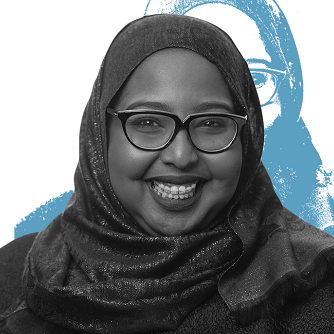
Hibaq Gelle
Hibaq Gelle is an award-winning tri-sectoral leader in the areas of community development, policy development, stakeholder engagement, and business strategy. Hibaq’s passion and commitment to social justice has compelled her to work towards improving outcomes for the most marginalized, including working on multi-million dollar capital projects and system level changes in policy.
She has a decade of experience working with various levels of government, the non-profit sector and private industry to rethink and align community investments. In recognition of her contributions to city building, she has been awarded the CivicAction Emerging Leader Award, YWCA Woman of Distinction Award and the Canadian Urban Leadership Award.
Currently, Hibaq is working on an initiative at the Ontario Ministry of Children and Youth Services to improve outcomes for youth in the justice system. When she’s not at work, you will find Hibaq enjoying her love of reading or discussing the next big system shift!
Glenn Miller, FCIP, RPP, is Vice President, Education and Research, with the Canadian Urban Institute, Canada’s applied urban policy institute, where he is responsible for evidence-based research into the value of Canadian downtowns, regional competitiveness and the impact of population aging. A Fellow of the Canadian Institute of Planners (CIP), Glenn is a graduate of Concordia University (BA (Hon.) Urban Studies) and McGill University’s School of Urban Planning (MUP). Glenn was also editor of the Ontario Planning Journal, the professional practice magazine of OPPI, from 1986 to 2011. He has taught at Ryerson University in the School of Urban and Regional Planning and in 2012 was “Planner in Residence” at the University of Waterloo’s School of Planning.

Professor Linda Peake
Previous Director of the City Institute
Linda Peake is Director of the City Institute at York University, Toronto, and principal investigator of the SSHRC funded GenUrb: Gender, urbanization and the global south. She has written widely in the field of critical human geography with interests in urban theory, feminist methodologies and, more recently, mental health. She is co-chair of the AAG Affinity Group on Mental Health in the Academy, co-editor of the special issue on ‘An engagement with planetary urbanization’ in Environment and Planning D: Society and Space (2018), of Urbanization In A Global Context, second ed. (forthcoming, OUP) (with Alison Bain), and of Peake, L., Koleth, E., Tanyildiz, G., S. Narayanareddy, R. N., and patrick, d. (eds) (2021) A Feminist Urban Theory for our Time: Rethinking Social Reproduction and the Urban (London: Antipode Book Series, Wiley).

Carmen Ponce
Coordinator (March - October 2022)
Carmen Ponce is a former Coordinator at the City Institute. In previous years she has collaborated with the GenUrb project at the City Institute, and has been a visiting researcher at the Centre for Research on Latin America and the Caribbean (CERLAC). She has a Doctorate in Economics and her research focuses on poverty and inequality, translocal livelihoods and climate change adaptation in mountain developing regions.

Helena Fisher
Coordinator (January 2023 - December 2023)
Helena Fisher is an International Visiting Research Trainee in the department of Political Science at York University (since September 2022) and the coordinator at the City Institute. She completed her Master's degree in International Relations in Scotland, UK, where she examined the impacts of the Euro currency on the Greek economy. Helena is currently in the final year of her Doctoral studies, and her research examines how the Greek middle class was affected by the 2009 European sovereign debt crisis. Her primary focus is class structure, emphasizing the middle class's importance in preventing a social imbalance between the rich and the poor.

Hazel Dizon
Coordinator (2021- February 2022)
Hazel Dizon is a former coordinator at the City Institute. Hazel is a geographer whose research interests lie primarily in examining the processes of urban and rural social change and their intersections with development. She finished her MA in Geography from York with her research on the housing take-over of socialized housing by the homeless Filipino urban poor. This scholarly endeavor led her to interrogate occupation, strategies of resistance, and social movements under the “right to the city” conceptual framework. Prior to embarking on her graduate studies, she has worked in the academe as a research assistant. She also has experience in development work with child rights focused non-government organizations in the Philippines.
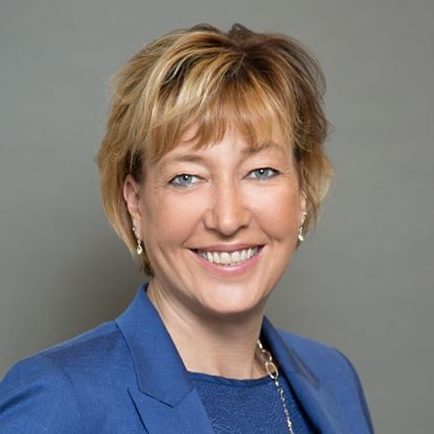
Ellen Spencer
Coordinator (2020)
Ellen Spencer is a former coordinator at the City Institute. Ellen is a seasoned Executive Assistant with over 20 years of experience in the resource industry. She also spent time as the Operations Manager at the Toronto location of a for-profit Academy. Ellen recently worked with York’s Schulich School of Business, where she was responsible for the execution of the Inaugural Virtual Celebration for the IMBA graduates of 2020. She studied Accounting at the University of Toronto, during which time she received her Mutual Fund and Canadian Securities licenses. She also studied Business Administration at Georgian College.

Francesca D’Amico-Cuthbert
Coordinator (2018 - 2020)
Francesca D’Amico-Cuthbert is a former Coordinator at the City Institute. She took on the role in January 2018. Francesca has a Masters degree in History, and is currently nearing the completion of her PhD studies in American History at York University. Her research interests include the history of urban popular music forms in the United States and Canada, feminist readings of popular culture, and the relationship of racialized artists to social justice movements and state apparatuses and discourses. Francesca is also a filmmaker currently working on two documentary projects (and accompanying film curriculums) that focus on mixed race identities and the history of Caribbean-Canadian social and cultural contributions to the city of Toronto.

Sara Macdonald
Coordinator (2006-2017)
Sara Macdonald is a former Coordinator of the City Institute and the previous Project Coordinator of the MCRI "Global Suburbanisms" research project. She is currently working on her PhD at Utrecht University in the Netherlands. Sara has her Master's in Environmental Studies from York University and her research interests include urban and regional planning, suburban growth and development and greenbelts. She has been with the City Institute since 2006.
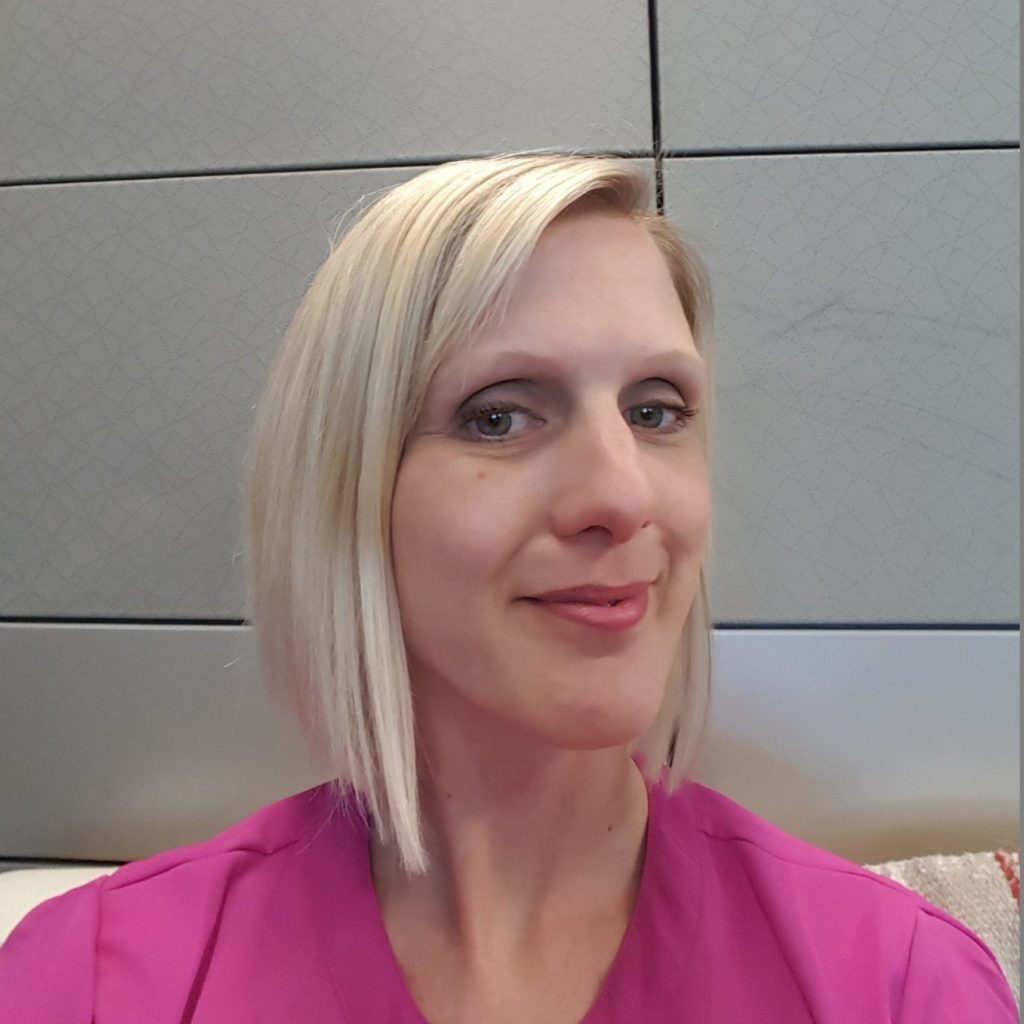
Leeann Bennett
Grant Manager
Leeann Bennett is the Grant Manager of the new SSHRC Partnership Grant, Urbanization, Gender, and the Global South: a transformative knowledge network, with Dr. Linda Peake, at the City Institute. She took on this role in November 2017. Leeann has been the coordinator of the CITY Institute since April 2017, but has worked at CITY in various roles since 2013. Leeann has a Master's degree in Women's Studies from York University. Her research interests include Sexuality Studies, particularly sex work and LGBTQ activism, Caribbean Studies, transnational feminism, feminist methods and methodologies, and popular culture.
The CITY has an External Advisory Board, an internal Board, and an Executive Committee that answers to the general membership (referred to as the Council of Affiliates).
Board
The CITY Board is intended to expand the accountability of ORUs beyond the Office of the Vice President Research and Innovation. It is a venue for the VPRI and the Dean’s Offices’ of CITY’s two sponsoring faculties, FES and LA&PS, to meet together with other institutional stakeholders (eg., Advancement) where appropriate, to review the ORU’s Annual Report with a view to providing feedback and support to the Director. The Board will receive and respond to the Annual Report and budget, provide input to directorship appointments, advise on strategic planning, etc. The Board meets once a year in the spring/summer and the meetings are called by VPRI.
Executive Committee
The members of the Executive Committee, other than the Director and any Associate Directors, will be appointed by the Executive Committee. At least once a year, the Executive will solicit faculty at York to seek nominations for appointments to the Executive. Appointments will start on July 1st of each year and be for three years, although students including post-doctoral fellows, will be appointed for one year terms. Student members may also run again for re-election the following year or in later years. However, students may not hold the position for more than two terms consecutively (i.e., they must not run for third re-election in a row). Appointments will be staggered so that normally no more than half of the Executive Committee shall change in a given year. If a member of the Executive Committee misses three consecutive meetings, the Director may ask the person to voluntarily step down. Vacancies due to resignations, departures or other contingencies are to be filled by the Director in consultation with the Executive.
External Advisory Board
The City Institute's External Advisory Board was established in 2010. The board consists of a small number of individuals from public life, the private sector, the arts and from Toronto's diverse communities who have shown enthusiasm for or have accomplishments in the urban realm broadly defined. The board plays a critical role in identifying emerging issues and joins our commitment to critical urban research.
The External Advisory Board has two main functions:
1. CITY relies on this board for substantive advice on issues related to urban and regional research; board members bring their wisdom and experience to the Institute. In addition, the board members help us identify important problems, issues and trends that need the Institute's attention.
2. We also count on the board members to project the Institute into their worlds. This can take the form of spreading the word about CITY and its activities in their communities.



